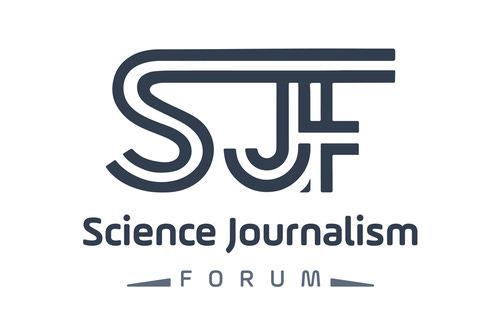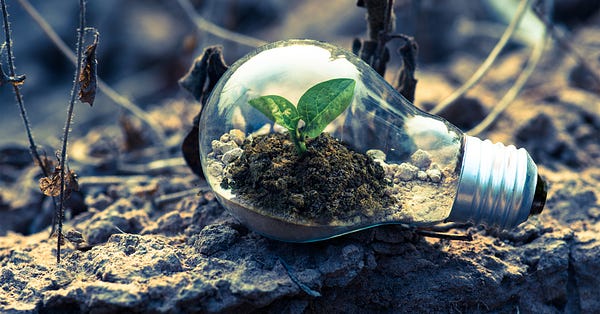✍️Science Writing News Roundup #53 (July 20, 2021)
How to pitch science stories that sell + If you’re not a climate reporter yet, you will be.
How to pitch science stories that sell. Ideas are a science journalist’s currency. And the pitch is the vehicle for those ideas. In this course, you’ll learn the seven key components of a pitch, how much reporting you need to do up front, how to identify the right publication for your story and tailor your pitch accordingly, how to communicate with an editor, and what to do when a pitch gets rejected!
⏳ Resources and tips
If you’re not a climate reporter yet, you will be: Covid-19 coverage offers lessons for reporting on the climate crisis. Today, news reports about the climate crisis primarily come from a newsroom’s science, politics or economics desk. A few news organizations already understand, though, that the climate crisis is more than a beat or a topic — it poses urgent questions that affect all sectors of society.
The anatomy of a media pitch: There is nothing more satisfying to a public relations professional than an editor saying “yes!” to their pitch. Learn to write better pitches and stand out to editors with this e-book for PR professionals.
14 questions for new journalists to consider when filing a story. If you’re new to reporting, follow this easy checklist when drafting and filing a story.



🖼️ Opportunities






📑 Articles
"When will I ever feel like I rightfully belong?" 2021 AAAS Mass Media Fellow Vanessa Vieites first doubted whether she made a good choice doing science writing. However, she has found a home at The Conversation US, as she writes in her journal, exclusive to The Xylom.
🌏 Videos
The Art of Science Writing with Dr. Olena Shynkaruk, Grant Writer at the University of Alberta
Loud Poets Happy Hour: Writing Science Poetry with Dr. Sam Illingworth
Introducing JECT.AI: digital support tool for journalists writing about science
How to use the JECT.AI science quality indicators – a guide to effective science writing
How to use the JECT.AI intelligence card to discover new and diverse voices and perspectives
How to use the JECT.AI science communication metaphor features
How to use the JECT.AI features to better understand audiences and their preoccupations
📅 Events
Pursuing a career in science journalism, with Carolyn Wilke (July 20, 2021)
Finding Ada Conference 2021 (July 20-22, 2021). Sessions include: How to write a popular science book, and how to start your own podcast.
Introduction to Solutions Journalism (July 21, 2021)
Making Journalism More Efficient (July 21, 2021)
Editors Roundtable Event: Uproot has rounded up four editors from different publications with climate and environmental desks to share how to craft a successful pitch (July 21, 2021)
Urban Heat: How rising temperatures affect U.S. cities (July 22, 2021)
COVID-19, Science Communication & The Journey From Here (July 22, 2021)
Real-World Evidence – How Big Data is Changing Scientific Standards (July 22, 2021)
Communicating the Future: Engaging the Public in Basic Science (July 27-28, 2021)
Ocean + Climate Virtual Workshop Series #3: The California Coast (Applications due Friday, July 30)
☄️ Jobs and internships
Science Writing Internship, Midwest Big Data Hub, US-based
Newsperson, Medicine and Science, Associated Press, US-based
News Director, Climate and Environment, Associated Press, US-based
Associate or Senior Editor, Nature Climate Change, London, Berlin, Shanghai, or New York
Assistant Manager / Manager (Science Writer), National University of Singapore
Science Writer – Custom Content, Technology Networks, Remote
Communications Editor, European Molecular Biology Laboratory (EMBL), Heidelberg, Germany
More jobs 👉 Science Writing News Roundup #52
👉 Don’t miss any updates from the Science Writing News Roundup:
Thanks for reading. How about sharing this with a friend? Worried you missed something? See previous newsletters here. What would you like to see in the newsletter? Please send me your suggestions by replying to this email: sciencewriting@substack.com 😃


